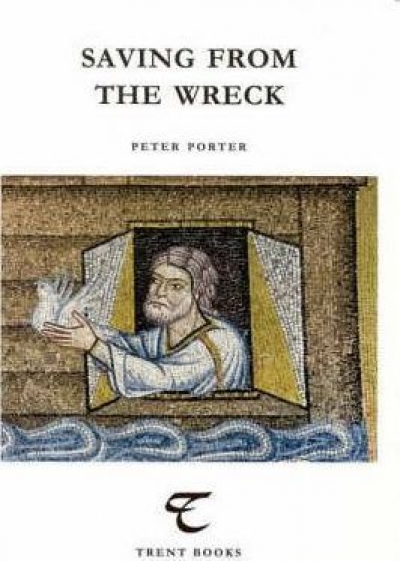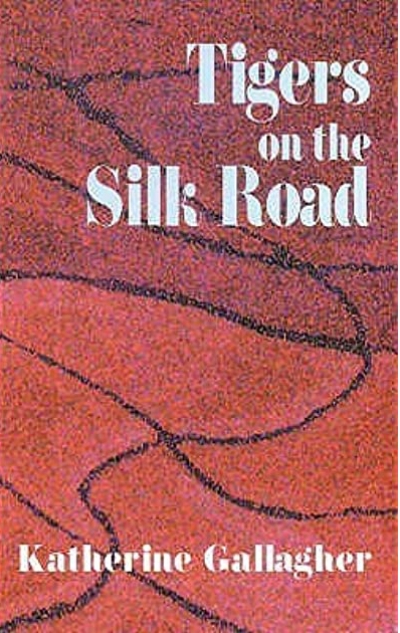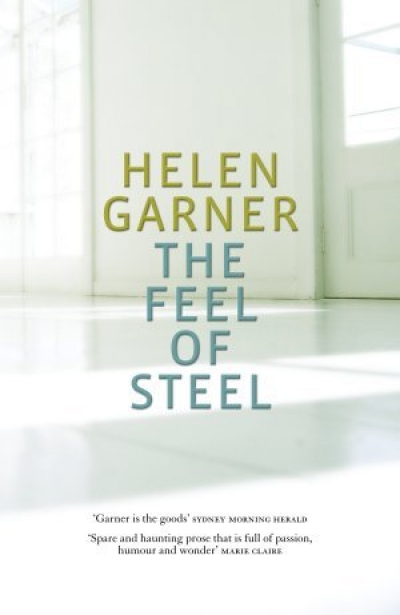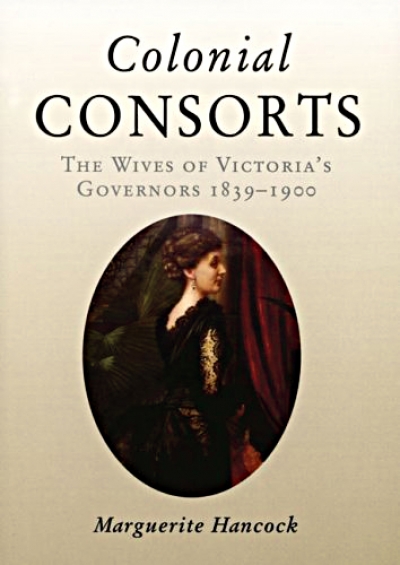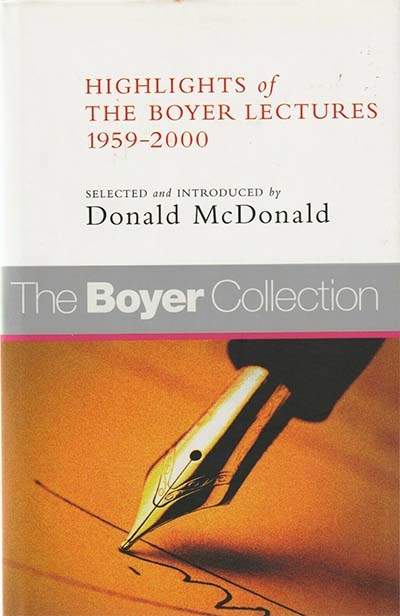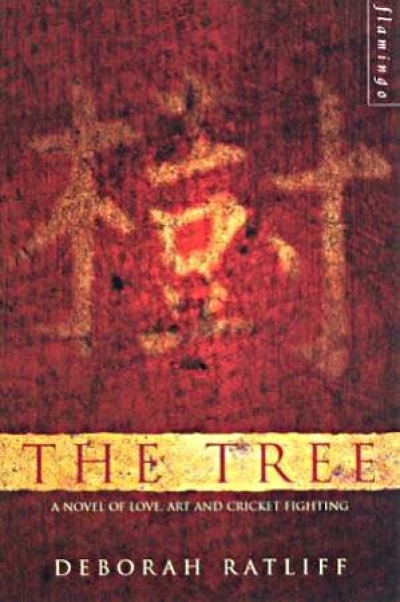Archive
Gould’s Book of Fish: A novel in twelve fish by Richard Flanagan
The episode of the refugees on the MV Tampa raised two separate problems, one moral, the other legal. To see both issues in perspective, it is useful to recall the facts that precipitated this unlikely crisis.
The refugees, most of them claiming to be from Afghanistan, embarked on a boat in Indonesia and headed for Australia. It began to sink. The master of the Tampa, quite properly, rescued them. He was about to take them to Indonesia when some of them threatened to commit suicide if they were not taken to Australia. He considered that many were in need of urgent medical help. He sailed towards Christmas Island and radioed for help, but none was given. He was asked to turn away, but considered the risks to life too great. Thus it was that 450 refugees found themselves in Australian territorial waters.
... (read more)The leaves of Tower Bridge are rigged to open
For any taxi I might chance to catch.
They say that when the ravens leave the Tower
I suspect that even his contemporaries found Matthew Flinders strange and not entirely likeable. His father hoped that, like his grandfather and himself, Matthew would become a surgeon, but filled with enthusiasm for adventure after reading Robinson Crusoe, the youth insisted on a career in the navy. He wrote to the woman who would become his long-suffering wife in a style that would have been stilted even then, one that conveyed his undoubted affection in such a self-conscious way as to leave the modern reader with an unpleasant sense of self-righteousness. Amid preparations for the Investigator voyage, Flinders told his father: ‘I have no present or future intention of marrying either [Ann Chappelle] or any other person, but leave England only wedded to my ship.’ Then, when his father declined to provide him with the funds he needed to underwrite the marriage he was in fact contemplating, Flinders replied peremptorily that his father should henceforth consider that he had four children rather than five.
... (read more)
